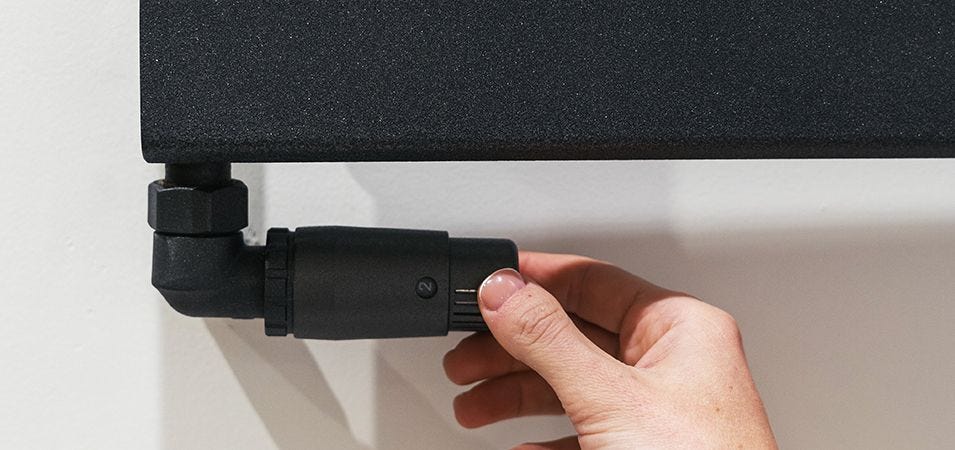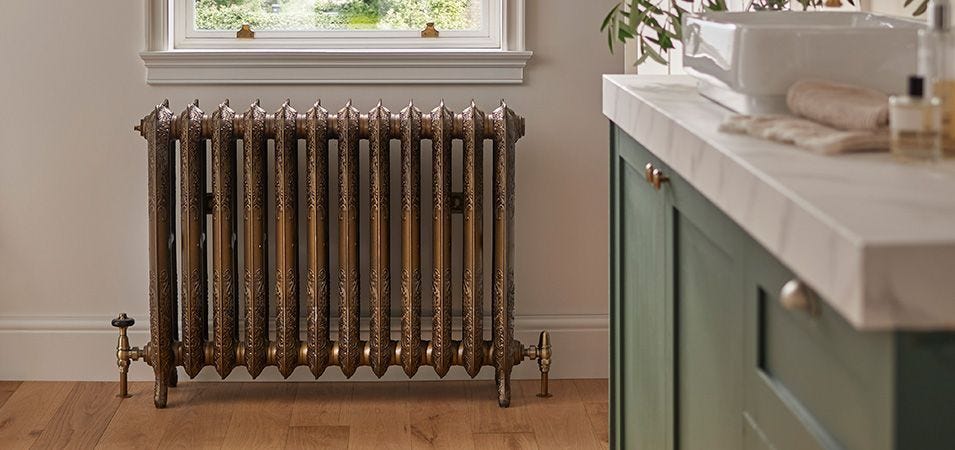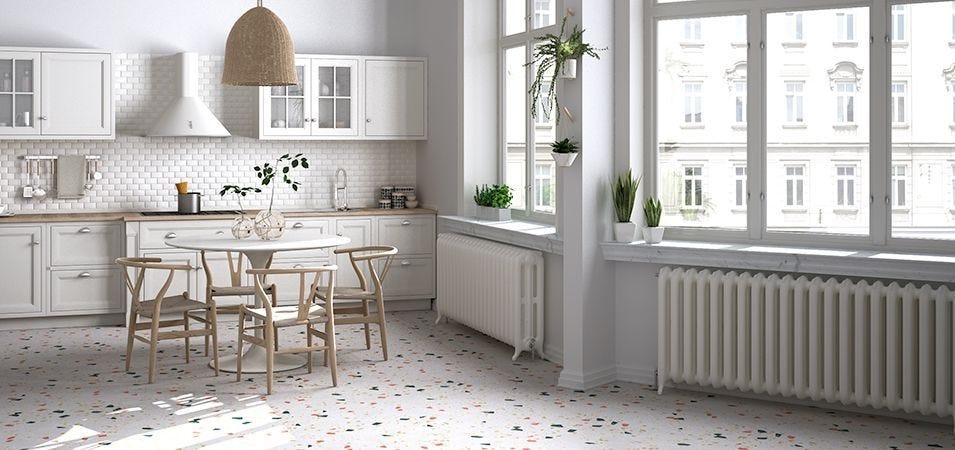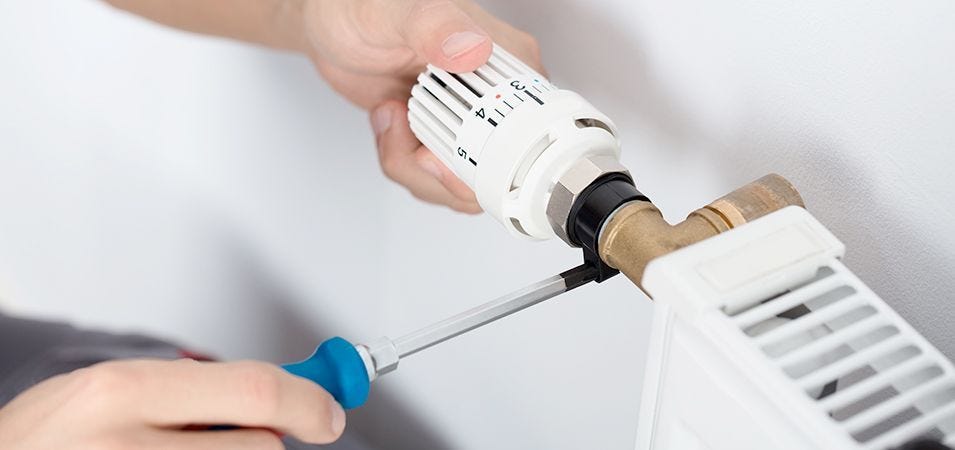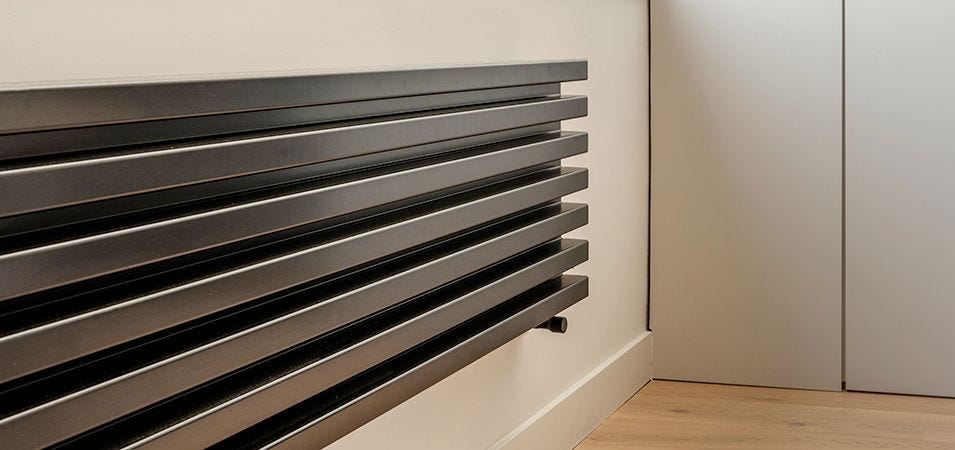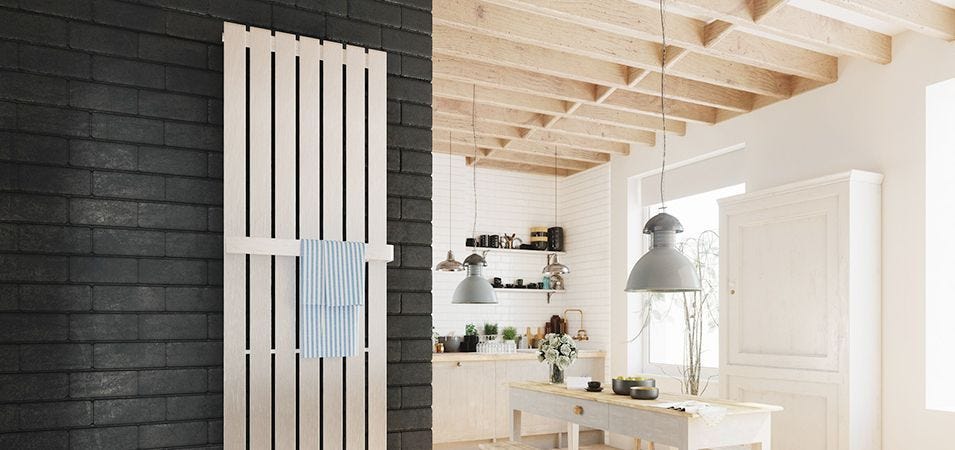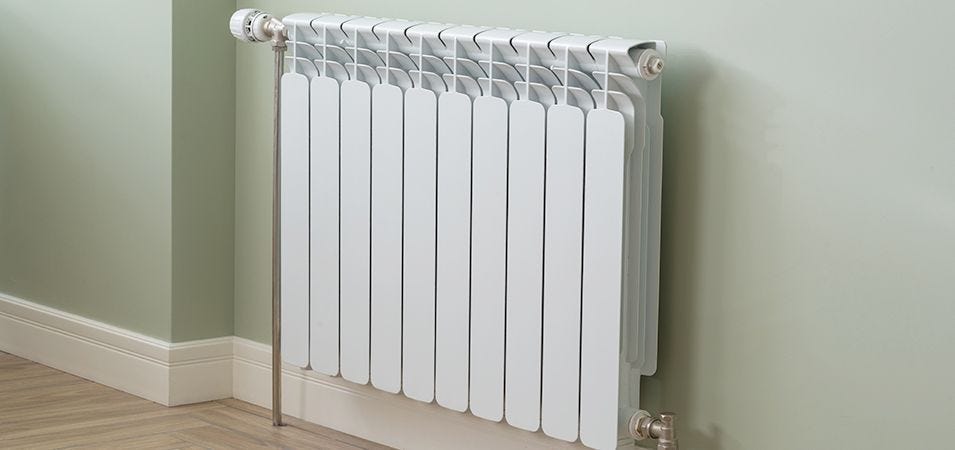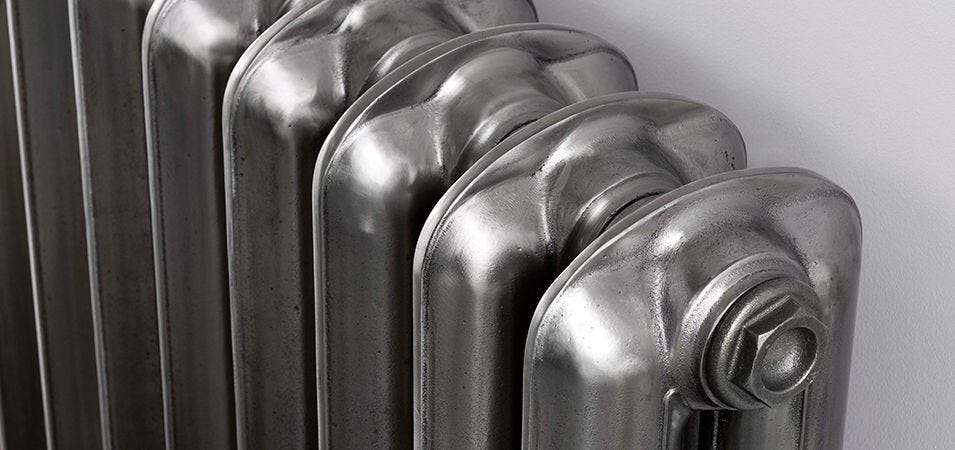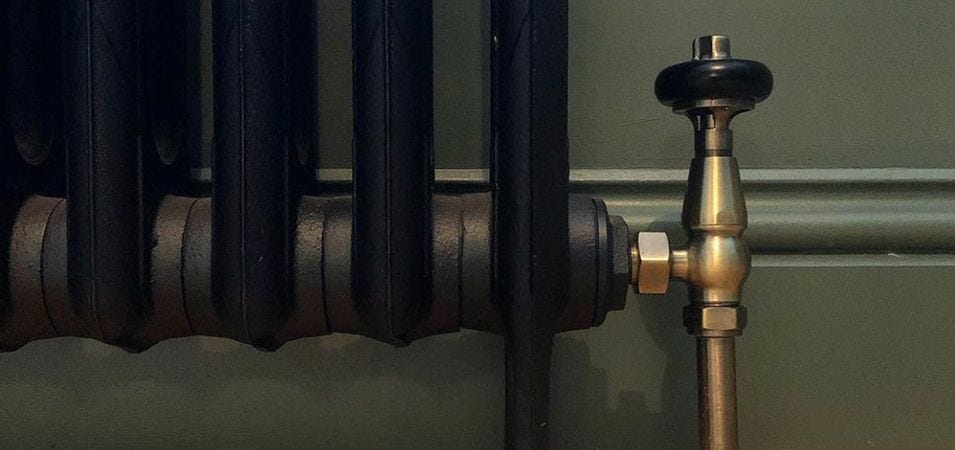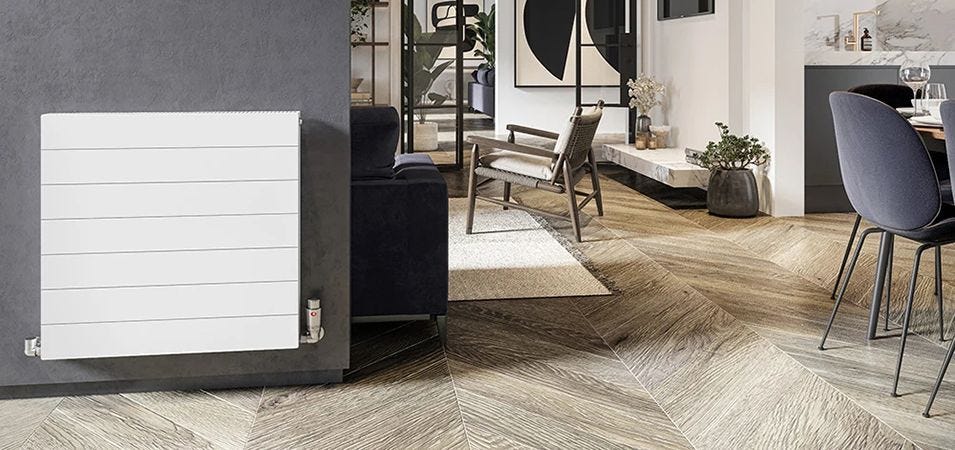Why are my radiators getting hot when the heating is off?
Radiators getting hot even when the heating is switched off is a fairly common problem that many homeowners face. It can be frustrating to deal with, especially when you're trying to save on your energy bills. In this article, we'll explore the reasons why radiators might get hot even when the heating is switched off.
Why are the radiators still hot?
Firstly, it's important to understand how central heating systems work.
In brief, central heating systems operate by circulating hot water through a series of pipes and radiators throughout the house. The boiler heats up the water and sends it through the pipes to the radiators. The radiators then heat up the room by emitting the heat generated by the hot water.
A faulty diverter valve
One possible reason why radiators might get hot, even when the heating is switched off, is due to a faulty diverter valve.
A diverter valve is a crucial part of a heating system that directs hot water either to the radiators or to the hot water tank, depending on the system's needs. If the diverter valve is stuck or faulty, it may not be able to fully close, allowing hot water to continue to flow into the radiator even when the heating is switched off. This can cause the radiator to stay hot.
Fortunately, a faulty diverter valve can be easily fixed by a Gas Safe heating engineer. In most cases, the valve will need to be replaced or repaired, depending on the severity of the issue. A qualified engineer will be able to diagnose the problem and offer a solution that works for your specific heating system.
A faulty check valve
Another possible reason your radiators are getting hot is due to a faulty check valve.
Check valves are an essential part of the heating system, designed to prevent the flow of hot water from returning to the boiler when the heating is switched off. They are typically installed near the boiler and can become faulty over time, causing the hot water to continue circulating even when it's not needed. This can cause the radiators to remain hot even when the heating is turned off.
Again, a Gas Safe engineer will be able to diagnose this problem for you quite easily. As check valves tend to be common on older boilers, you may need to make the decision as to whether it’s worth having the check valve repaired or upgrading to a newer and more efficient boiler.
If you do need a replacement valve, remember to check our selection, we have many different types of valve available.
Why the heating isn't switching off
If you've got the problem whereby the heating won't switch off when it's supposed to, then there are a couple of main reasons that could be causing this issue.
A faulty thermostat
The thermostat is the device that controls the temperature of the room and tells the heating system when to turn on and off. If the thermostat is faulty, it may not be able to accurately detect the temperature of the room and might keep the heating on even when it's not needed. This can cause the central heating system to stay on longer than necessary and consume more energy than it should.
A faulty pump
The pump is responsible for circulating hot water around the central heating system. If the pump is faulty, it may not be able to circulate the hot water effectively, causing the system to stay on even when it's not needed. This can also lead to higher energy bills and affect the overall performance of the central heating system.
A faulty thermostatic radiator valve
Thermostatic radiator valves control the flow of hot water to the radiator, and if the little pin inside the valve becomes stuck or faulty, it may not be able to fully close even if the room has reached the desired temperature. Water will continue to flow into the rad and continue to heat up the room, which can quickly have an impact on your heating bills.
If you are suffering from any of these problems then call a professional heating engineer as soon as possible. Heating not going off when it should can seriously impact your heating bills so the sooner you get it resolved, the less you'll end up paying in energy costs.
High quality column radiators at Trade Radiators
A sleek alternative to conventional house radiators, classic column radiators are traditional and modern encompassed in one stylish radiator. With an extensive range of sizes, colours and from different manufacturers there’s sure to be a column radiator solution for your room or full home. We also stock radiator valves and accessories, too. Have a look around and find the right addition for your room.

